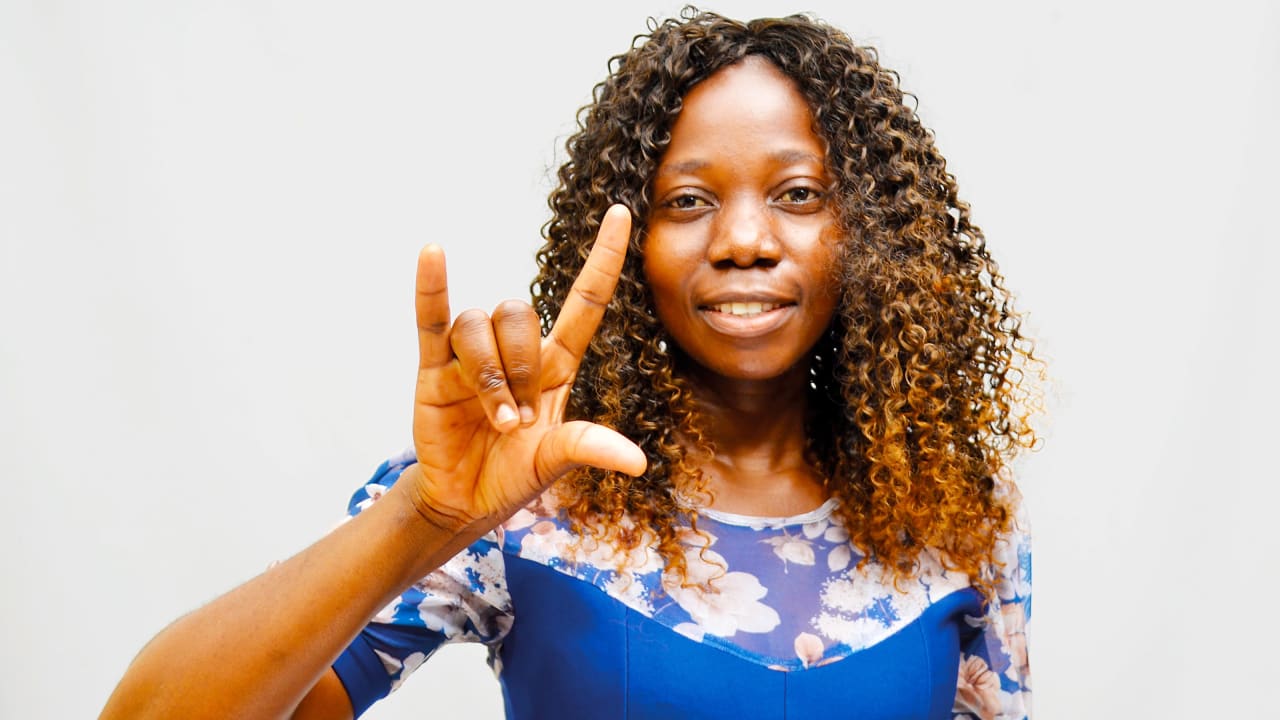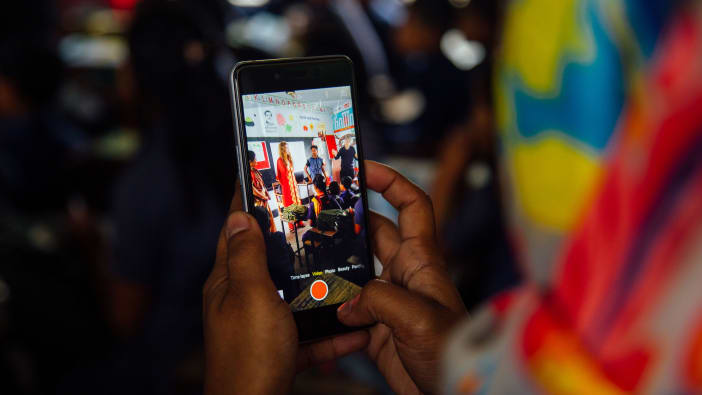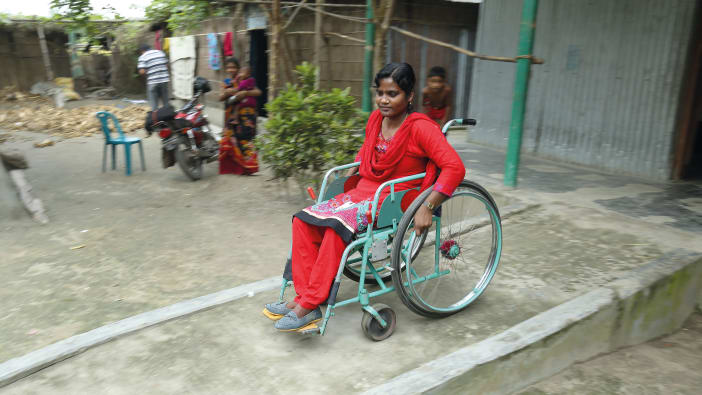Sheba Muchabaiwa works with the Evangelical Fellowship of Zimbabwe (EFZ) as a church and community mobilisation process (CCMP) trainer and facilitator. She is one of a number of facilitators recently trained in Zimbabwean Sign Language. Here she explains why she feels this is important.
What is CCMP?
‘Starting with the church, CCMP brings all the members of a community together to discuss their challenges and opportunities, and to make plans for the future. As they implement these plans using local skills and resources, they find they are able to transform their communities.’
Why did you learn sign language?
‘Crucial to the success of CCMP is the recognition that everyone is important and has a valuable contribution to make. However, EFZ realised that there are certain groups of people who find it more difficult to get involved than others. This includes people who are deaf. They might attend community meetings, but without an interpreter they are unable to join in with the discussions.
‘EFZ invited several of us to receive training in basic sign language. This means we can be more inclusive when we are working with churches and communities.’
Why is this important?
‘According to the Zimbabwe National Association of the Deaf, our country has over 1.5 million people who are deaf or hard of hearing. Very few churches offer sign language interpretation and there is a widespread lack of understanding of the needs of people who are deaf.
‘By learning to communicate with deaf people in their own language, I am showing that I want to include them in the CCMP conversations and learn from them.
‘I believe that people who are deaf or hard of hearing should be given equal opportunities to serve as part of the body of Christ. If a part of the body is excluded, the whole body will be affected (Romans 12:4-5). We should do all we can to remove barriers to understanding and inclusion.’








